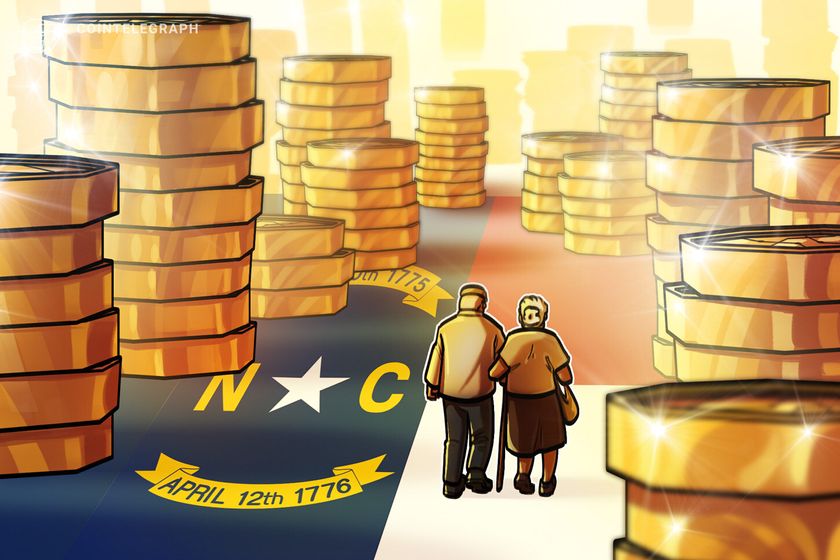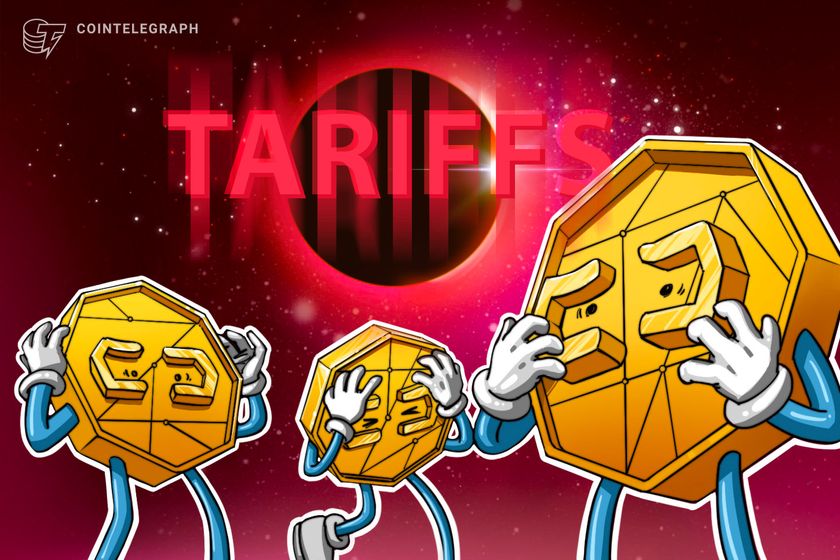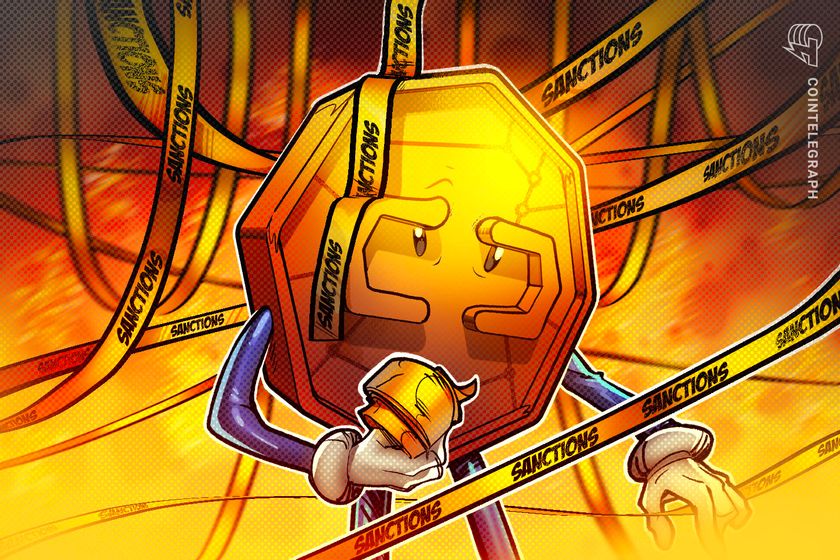

North Carolina lawmakers have introduced bills in the House and Senate that could see the state’s treasurer allocate up to 5% of various state retirement funds into cryptocurrencies such as Bitcoin.
The Investment Modernization Act (House Bill 506), introduced by Representative Brenden Jones on March 24, would create an independent investment authority under the state’s Treasury to determine which digital assets could be suitable for inclusion into the state retirement funds.
An identical bill, the State Investment Modernization Act (Senate Bill 709), was introduced into the state’s Senate on March 25.
The bills define a digital asset as a cryptocurrency, stablecoin, non-fungible token (NFT), or any other asset that is electronic in nature that confers economic, proprietary or access rights.
The North Carolina bills don’t set market cap criteria for digital assets, unlike other crypto bills that are working their way into law at the state level.
Source: Bitcoin Laws
The newly created agency, dubbed the North Carolina Investment Authority, would, however, need to carefully weigh the risk and reward profile of each digital asset and ensure the funds are maintained in a secure custody solution.
Bitcoin legislation tracker Bitcoin Laws noted on X that House Bill 506 wasn’t drafted as a Bitcoin reserve bill as it does not mandate the investment authority to hold Bitcoin (BTC) — or any digital asset — over the long term.
North Carolina wants in on Bitcoin bill race
On March 18, North Carolina senators introduced the Bitcoin Reserve and Investment Act (Senate Bill 327), which calls for the treasurer to allocate up to 10% of public funds specifically into Bitcoin.
The bill — introduced by Republicans Todd Johnson, Brad Overcash and Timothy Moffitt — aims to leverage Bitcoin investment as a “financial innovation strategy” to strengthen North Carolina’s economic standing.
Related: GameStop hints at future Bitcoin purchases following board approval
The treasurer would need to ensure that the Bitcoin is stored in a multi-signature cold storage wallet, and the BTC could only be liquidated during a “severe financial crisis,” with approval from two-thirds of North Carolina’s General Assembly.
The bill would also create a Bitcoin Economic Advisory Board to oversee the reserve’s management.
According to Bitcoin Law, 41 Bitcoin reserve bills have been introduced at the state level in 23 states, and 35 of those 41 bills remain live.
Earlier this month, US President Donald Trump signed an executive order to create a Strategic Bitcoin Reserve and a Digital Asset Stockpile, both of which will initially use cryptocurrency forfeited in government criminal cases.
Magazine: What are native rollups? Full guide to Ethereum’s latest innovation



